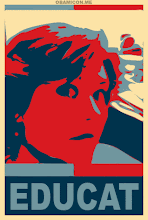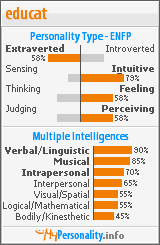"Miss,"
Can we stop right now and have a conversation about calling one's teacher's "Miss"? Good, let's do that. I hate it. No one called me "Miss" when I was a waitress, why does it happen to me now? My sister loves these stories and glories in the Dickensian tone it gives to my day ("Please, Miss, may I have a hall pass? I had ever so much figgy pudding at lunch!"). You have four teachers, kiddo, you can manage four names.
"Miss, is it a stereotype just to call someone a Jew or a Mexican or
something?"
"No, there's more to it. If the word has an emotional punch because of
society's ideas then it's a stereotype. To call me white is no big deal, it's
what I am. But when you add that my hair smells like a wet dog, that's a
stereotype."
"Oooh, and it's a simile too, Miss!"
I am simultaneously charmed by his recall of figurative language and hurt that the alleged wet dog status of my hair was not challenged.



3 comments:
Ha. I get "Mizzus.... Ummmmmm?"
Which is not charming.
In fairness, they probably haven't smelled your hair.
I've taught foreign adults, and gotten "Miss Rebecca," which always made me feel like a Romper Room hostess. The male teachers said it made them feel like hairdressers. So a Dickensian schoolmistress isn't that bad.
Very usual in England. Is it normal now in America?
Post a Comment